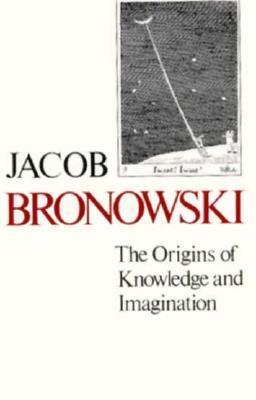What do you think?
Rate this book


160 pages, Paperback
First published January 1, 1978
In my view the answer is as follows. I believe the world is totally connected: that is to say, that there are no events anywhere in the universe which are not tied to every other event in the universe. I regard this to some extent as a metaphysical statement, although you will see, as I develop it in the next lecture, it has a much more down-to-earth content than that. But I will repeat it: I believe that every event in the world is connected to every other event. But you cannot carry on science supposition that you are going to be able to connect every event with every other event. Even when you set a computer such a simple problem as playing a good game of chess on the hypothesis that the computer is really going to think out every consequence, it breaks down hopelessly. It is, therefore, an essential part of the methodology of science to divide the world for any experiment into what we regard as relevant and what we regard, for purpose of that experiment, as irrelevant.
Nature is not a gigantic formalizable system. In order to formalize it, we have to make some assumptions which cut out some parts. We then lose the total connectivity. And what we get is a superb metaphor, but it is not a system which can embrace the whole of nature. We are really saying that there is no system of axioms which can embrace the whole of nature, or for that matter the whole of mathematics. We therefore cannot attain the great wish that we have had ever since the days of Thomas Hobbes and Newton: we will never be able to exhibit the whole of physics one fine day as a gorgeous system with a six axioms and a few operations, and from that moment everything would fall into place. You would know when for example, flowers that grow at high altitude are often blue, whereas flowers that grow at low altitude are often red. Anything that you could ask would follow from the axiomatic system. That is obviously a hopeless task. What I have been trying to show is that whether you approach it in a strictly formal way from the mathematics or in the more informal way in which I discussed it in the last lecture, you always come to the same conclusion: no formal system embraces all the questions that can be asked.